On February 13, the United Nations Industrial Development
Organization (UNIDO) organized in Rabat a closing event for pilot projects
aimed at fostering sustainability and economic growth within Morocco’s fish
processing sector. These initiatives, which have been underway since 2021 as
part of the European Union funded regional SwitchMed programme, have
successfully demonstrated innovative business and production models geared
toward enhancing resource efficiency and developing products suitable for markets
with significant development potential.
According to a value chain mapping study commissioned by the
SwitchMed programme, the sector presents significant potential for valorizing
fish by-products and diversifying product portfolios.
The pilot projects have shown that investments in various
value-added products, stemming from the valorization of fish by-products are
technically feasible and economically viable, with payback periods ranging from
a few months to a few years. These products include hydrolysates, which are
highly prized for their properties in aquaculture feed formulations, as well as
collagen, minerals, and marine peptides intended for high-end nutraceutical,
cosmetic, or pharmaceutical markets.
These innovations could substantially enhance the
profitability and environmental performance of Morocco’s fish processing value
chain, supporting the development of a diversified Blue Economy in the country.


